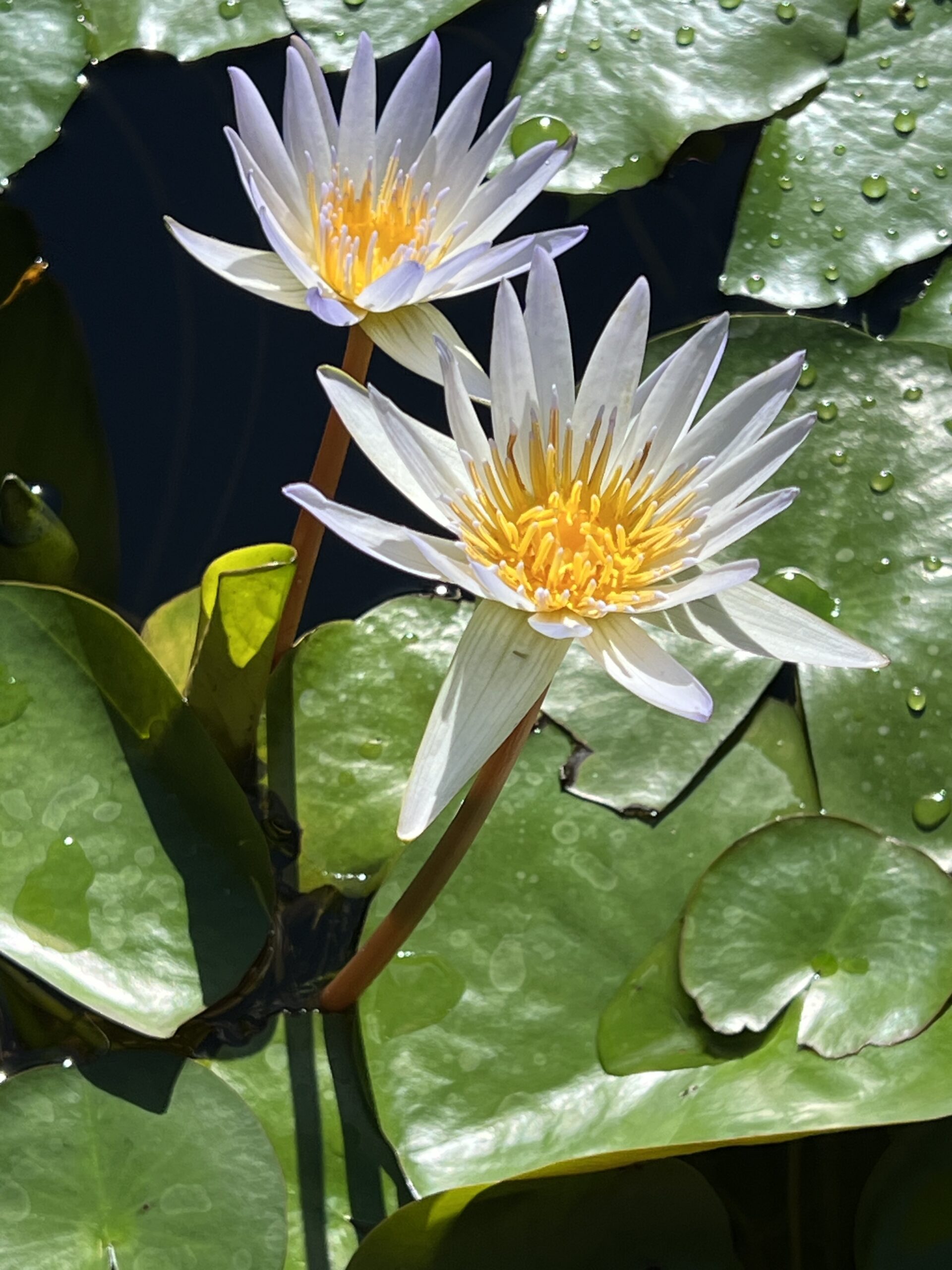RISE ABOVE
“Look at your life sometime from a cosmic view: here is this whole cosmos and there, somewhere, are you. What do these things really matter? Your needs for exaggeration and self-importance are insignificant. You have to learn to step away from yourself and see that, because where will you be if every grain of sand becomes a big issue? And really the events of daily life are only insignificant grains of sand.”
(Swami Sivananda Radha, Time to be Holy)
Early the other morning we went boating with some friends to look for dolphins and manta rays, and do some snorkeling. I had woken up with a bee in my bonnet (really, that’s such an evocative metaphor!) that kept me from registering the exotic scenery, or truly engaging with present company. At one point I gazed off into the distance where I picked out the gauzy shape of Mauna Kea, with its modest crown of observatories, looming behind the darker and more distinct pu’u of Uluweuweu. Suddenly the thought occurred to me to “just rise above”, as does this misty mountain peak, and seek that third person omniscient perspective that Chögyam Trungpa Rinpoche describes in Meditation in Action. (At the moment I can’t find the exact quote!)
Trungpa urges the student to objectively observe situations and relationships from a higher perspective (as from the press gallery at a hockey game). From this higher, more detached vantage point one is asked to witness one’s own behavior, and that of the other person or persons, without attachment to any particular opinion or idea. It could be considered playing your own devil’s advocate. Or perhaps a divine advocate — one who can do such mental gymnastics as to truly see and understand another person’s POV, while not necessarily condoning or agreeing. I have often read that, if someone’s behavior triggers an emotional reaction in me, it might be that I too have that shadow aspect in me. Is it possible, when I think someone else is being unreasonable, in fact, a real jerk, that I am seeing a reflection of some unconscious part of myself? If I then ask myself what I would have the other person know or do, can I then apply that information to my own behavior?
It sometimes takes a very little shift on my part to effect a positive change in a relationship. Giving others the benefit of the doubt can change the dynamics between us even if I don’t understand what it is that irritates me or stirs a negative reaction. In Time to be Holy Swami Radha advises:
“There really isn’t anything or anyone absolutely bad or negative, and nobody benefits from your effort to understand that, except you. It helps to remember that each one of us is not an island, and that we have our seasons, and our ups and downs. Life is not just a straight line. It’s a wave. Sometimes you are on top of the wave, sometimes you have to go to the bottom, and then you have to make sure you have enough momentum to come up again on the other side.”
That momentum comes from the effort I make to rise above my own petty irritations and narrow perceptions. My attempts to increase my self-awareness, my compassion and my capacity to forgive benefit nobody more than myself.
As one of my fellow paddlers said, “we’re all in this canoe together, and we must learn to paddle as part of a team.”
Kahuna Nui Hale Kealohalani Makua – “Love all you see, including yourself.” — Hale Makua
